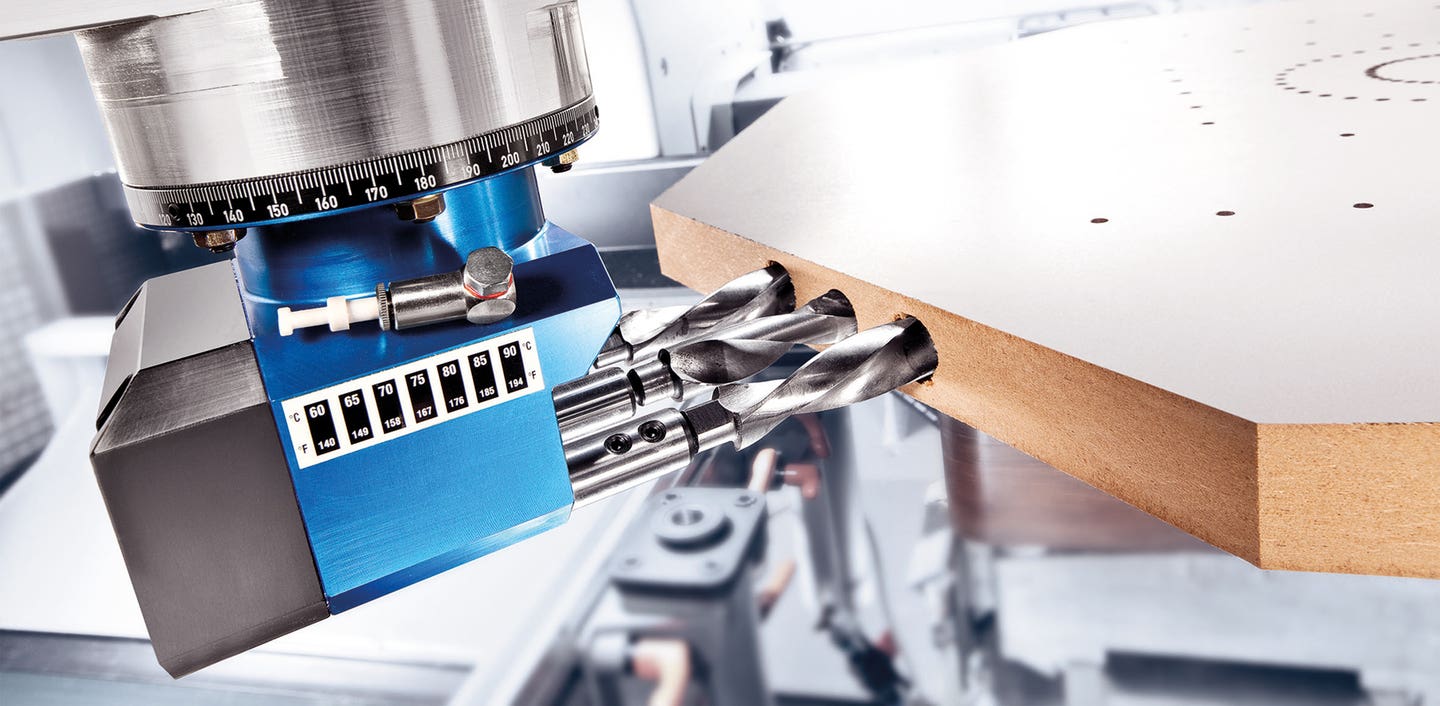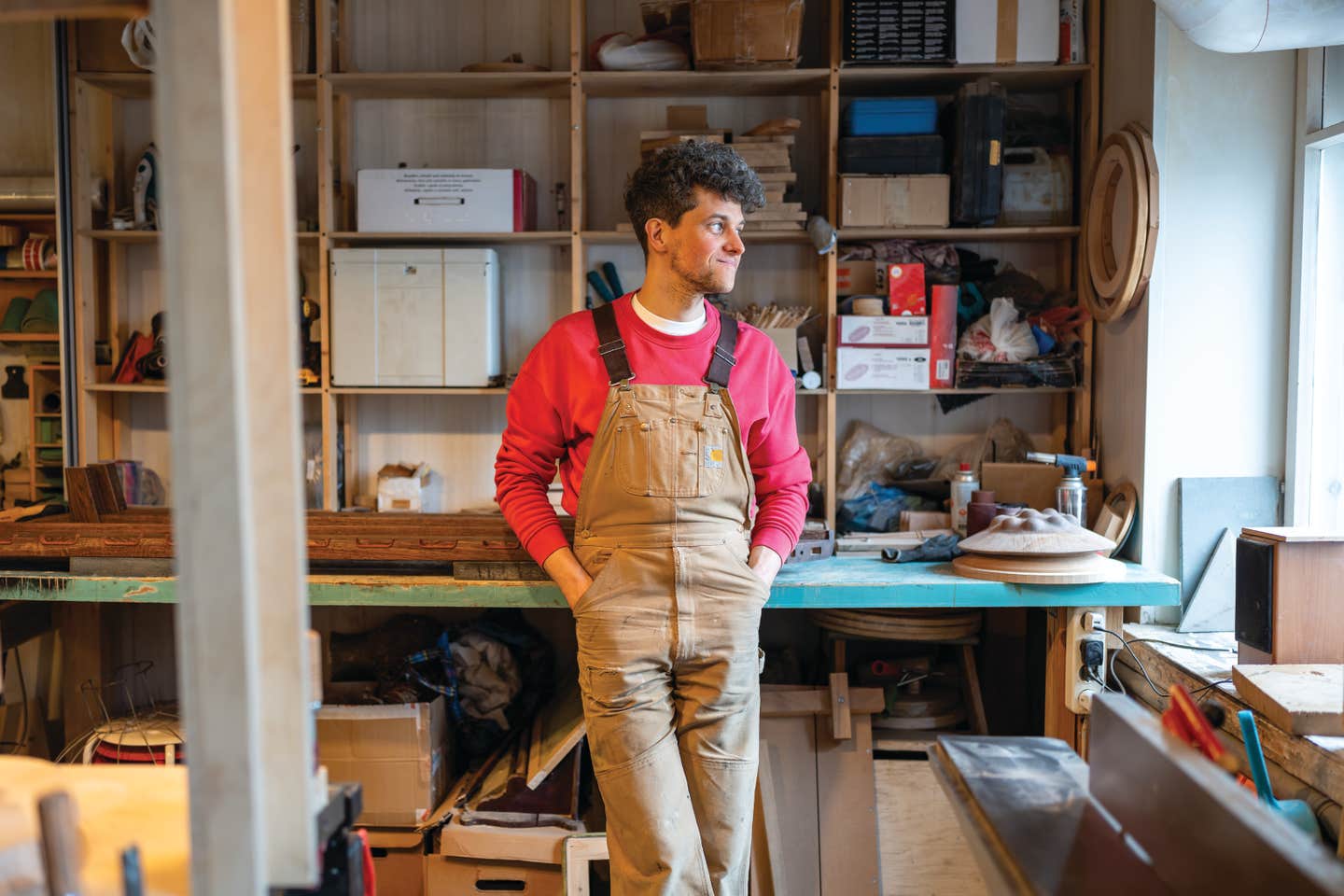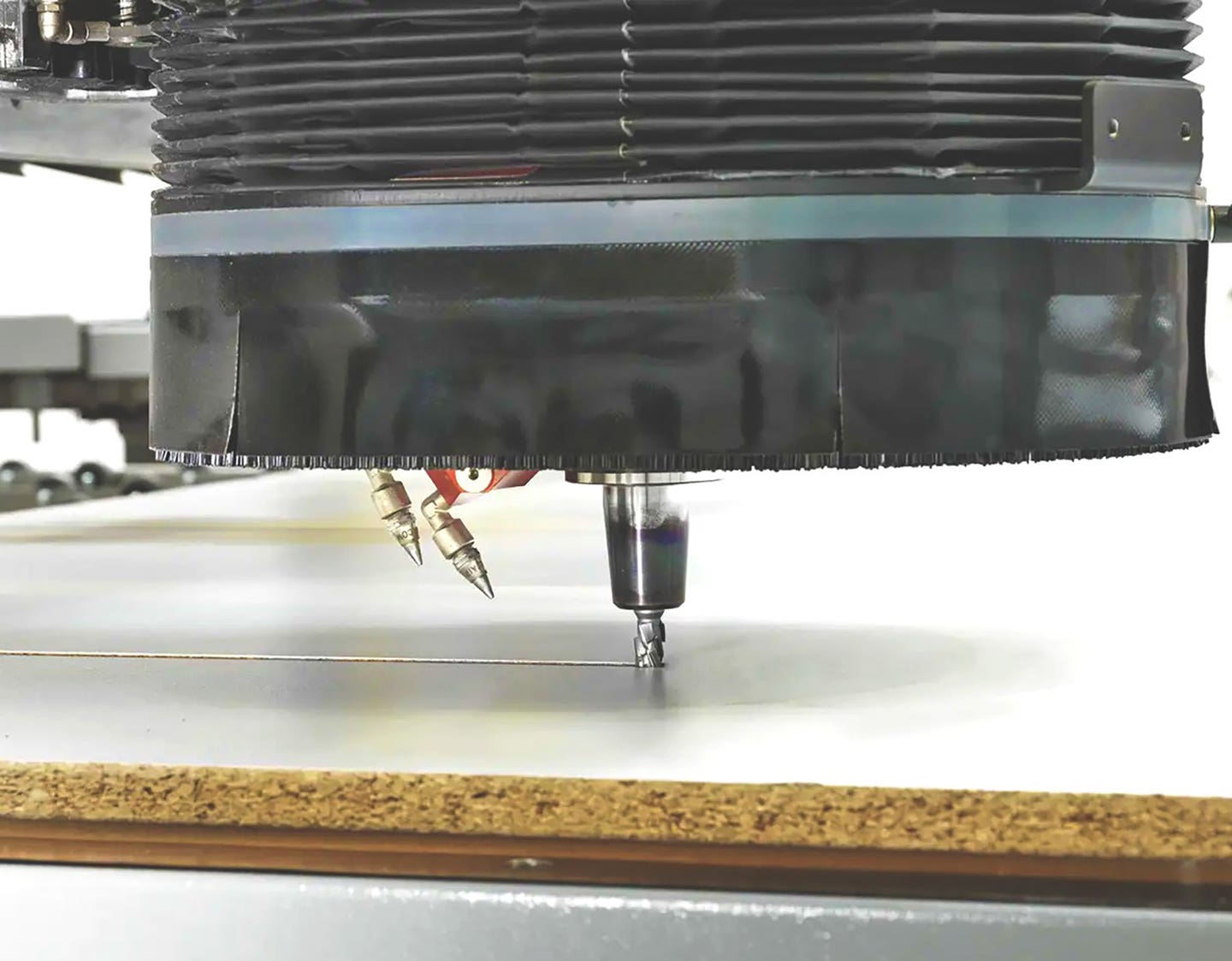Grow it yourself
In the wake of problems affecting availability of Honduras rosewood, including depleted supply and complicated government regulations, one instrument maker has found a solution that ensures his company an ongoing availability of the endangered hardwood.
In the wake of problems affecting availability of Honduras rosewood, including depleted supply and complicated government regulations, one instrument maker has found a solution that ensures his company an ongoing availability of the endangered hardwood.
Ron Samuels is owner and founder of Marimba One, a manufacturer of marimbas and vibraphones in Arcata, Calif. As a professional musician, Samuels knows that rosewood is a highly resonant wood that is critical for producing high-quality keyboards. Within his team of over a dozen employees, many are master tuners that finesse the handcrafted instruments until they make the required sound.
“When you hold a piece of Honduras rosewood in your hand, you can really feel its power,” Samuels says. “Working with such amazing wood is a big responsibility. You never want to rush the tuning of a piece of rosewood; it is the tuner’s responsibility to individually understand each piece of rosewood and unlock its most musical voice.”
In 2008, Samuels realized he needed to take drastic action if he wanted to have enough high-quality rosewood to continue making his instruments. He set about establishing a milling operation in Central America, and now has a reliable source for the next decade and beyond.
“I knew it was time to take a road unchartered,” says Samuels, who has ties with a Mayan community on the outskirts of a jungle rich with rosewood.
He has been working closely with his contacts to maximize the lumber from each log. It took several years and countless trips, but he helped get several mills up and running.
Samuels and his crew travel to the mills each time a new order of rosewood is completed. They personally examine each piece for sound quality and grain configuration before purchasing it and bringing it back to the U.S.
Trees at one of the mills are selectively cut on a 30-year rotation. Only the rosewood trees that are 10” and larger in diameter may be cut. Each cut rosewood tree is replaced with 14 plantings.
As of January 2017, products made with rosewood are protected under Appendix II of the Convention on International Trade in Endangered Species of Wild Fauna and Flora (CITES), which requires documentation that the products were legally procured from forest to factory. All of Marimba One’s products meet that criteria and may be shipped worldwide, according to Samuels.
Contact: Marimba One, P.O. Box 786, Arcata, CA 95518. Tel: 888-990-6663. www.mirimbaone.com
This article originally appeared in the December 2017 issue.







